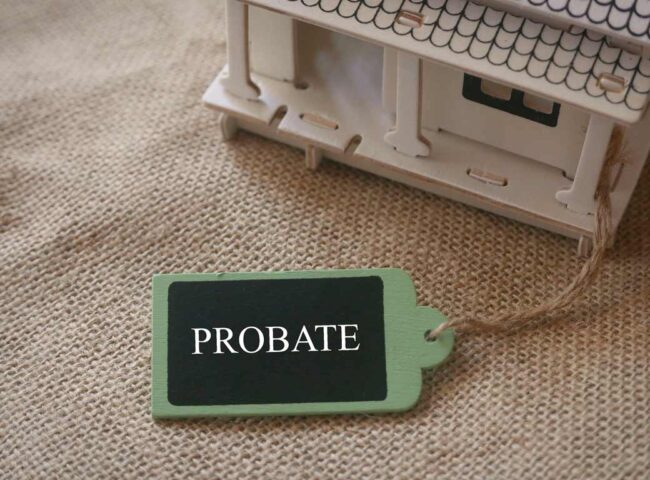All About Estates
By Malcolm Burrows
March 13th, 2025
A common misconception about donor advised funds is that they are trusts, charitable purpose trusts.
At times, lawyers, especially those with expertise in trusts and estates, struggle with this distinction, as do donors. In 2023, this issue came to the forefront when Canadian charities briefly thought they might need to report on certain funds under trust reporting rules. Although donor advised funds have trust-like features, most are not trusts. This fact has many implications for estate planning, as well as charitable effectiveness.
It important to sort through the distinctions, limitations, and the paradoxes of the advised fund model.
Donor advised funds are a paradox. The donor provides their charitable wishes, not binding trust restrictions. The foundation that owns the fund can reject these charitable wishes but, guided by good will and broad charitable purpose, will go out of its way to carry them out. Legacy donor advised funds are not shaped by legal restrictions, but of donor/foundation mission alignment. The foundation respects donor wishes and values, and acts as their proxy after their death. Donor advised funds are more flexible than charitable trusts, and that flexibility provides a greater capacity to deliver greater charitable impact in the future. Especially after the death of a donor/advisor, it is often more impactful because it responds to current needs in society at a future date. This system depends on strong foundation governance and charitable knowledge.
Malcolm Burrows, Philanthropic Advisor, Scotia Wealth Management
Charitable trusts provide the illusion of certainty, but over time, may be less likely to deliver it.





